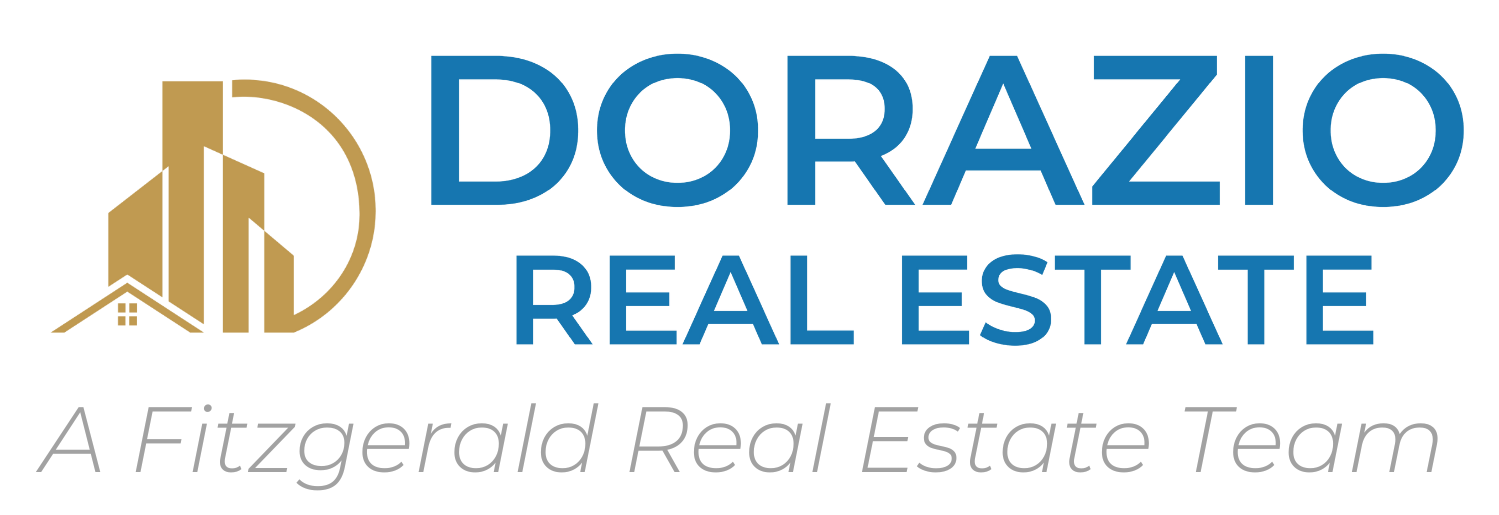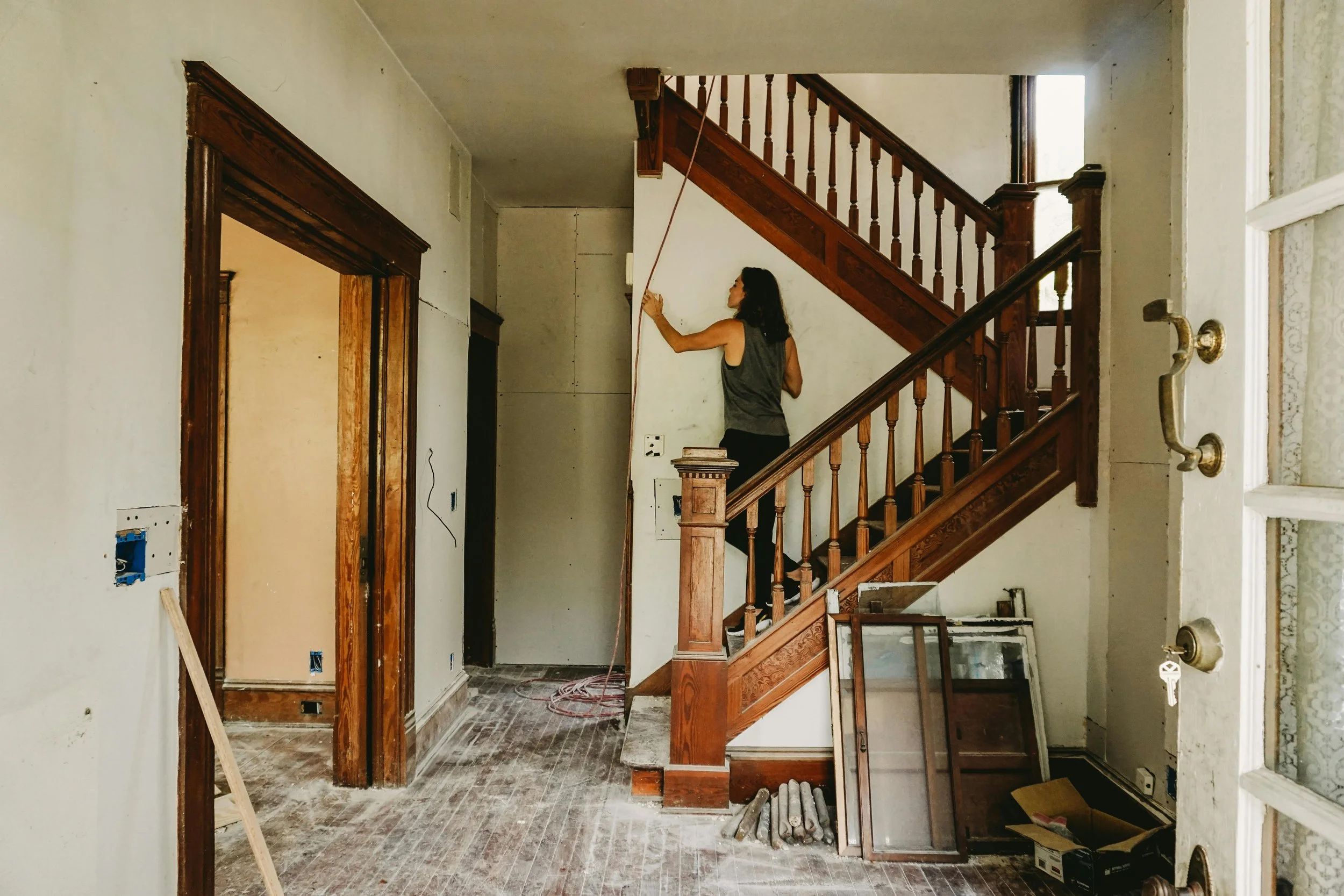Is Real Estate the Right Investment for You?
Real estate is often seen as a golden ticket to building wealth, but is it really the best choice for everyone? While owning property can offer exciting opportunities and long-term financial benefits, it’s not without its challenges. If you’re thinking about buying an investment property, especially as a beginner, it’s worth taking the time to explore whether real estate aligns with your goals, resources, and comfort with risk.
Here’s a closer look at some of the reasons real estate might not be the perfect fit for everyone.
1. High Upfront Costs
Getting into real estate investing isn’t cheap. Between the down payment, closing costs, and potential repairs or renovations, the initial expenses can feel overwhelming. For many first-time investors, these upfront costs might be a barrier—especially if you don’t have substantial savings or access to affordable financing. While loans can help, they come with their own complications, like interest rates and fees, which can chip away at your profit margins.
2. Real Estate Isn’t Easy to Cash Out
Unlike a stock or a savings account that you can liquidate at a moment’s notice, real estate takes time to sell. If you suddenly need cash—for an emergency or a new opportunity—it could take months (or even longer in a slow market) to convert your property into money. This lack of liquidity makes real estate less flexible than other types of investments.
3. The Market Has Its Ups and Downs
The real estate market isn’t always predictable. Economic conditions, rising interest rates, and even local developments can influence property values. While real estate often appreciates over time, there’s always a chance that values could drop—leaving you with an asset worth less than what you paid. Even experienced investors can find it challenging to predict and weather these market fluctuations.
4. Owning Property Requires Work
Being a landlord isn’t always as simple as collecting rent checks. Owning and managing rental properties means staying on top of maintenance, handling repairs, finding tenants, and managing vacancies. These responsibilities take time and effort, and they’re not for everyone. Sure, you can hire a property manager, but that adds another layer of cost that eats into your returns.
5. Property Values Can Go Down
While many people assume real estate always goes up in value, that’s not guaranteed. Property depreciation can happen for reasons beyond your control—such as shifts in the local economy, changes in the neighborhood, or even natural disasters. If you’re forced to sell during a downturn, you could take a financial hit.
6. Rising Interest Rates Can Hurt Your Bottom Line
Interest rates have a significant impact on real estate. When rates go up, borrowing becomes more expensive, which can increase your monthly mortgage payments and reduce your overall cash flow. Higher rates can also cool the housing market, potentially lowering property values and making it harder to sell at a profit.
7. Lack of Diversification
Putting all your financial eggs into the real estate basket can leave you exposed to risks specific to that market. Diversification—spreading your investments across different types of assets like stocks, bonds, or mutual funds—can help protect you from big losses. Relying too heavily on real estate means you’re missing out on this safety net.
8. Hidden Costs Add Up
Owning property comes with more than just the mortgage payment. Ongoing costs like property taxes, insurance, maintenance, and unexpected repairs are dynamic and can further eat into your profits. Perform due diligence and make sure to account for these costs to the best of your ability (after all, sometimes there are surprises) in your budget before buying a property.
9. Real Estate Takes Patience
If you’re looking for quick profits, real estate might not be the best fit. It’s typically a long-term investment, requiring years—sometimes decades—for significant appreciation. If your goals include short-term gains or flexibility, other investment options - like stocks, ETFs, bonds, or even cryptocurrency - might make more sense. And while diversification is key, every option comes with its own risks and challenges, so think about what fits your financial goals, comfort with risk, and how soon you’ll need access to your money.
So, Should You Dive into Real Estate?
Real estate can be a fantastic way to build wealth, but it’s not for everyone. It requires careful planning, patience, and the ability to manage risks and responsibilities. If you’re considering an investment property, take a hard look at your finances, your willingness to take on the work, and your long-term goals.
For beginners, it’s always a good idea to consult with a financial advisor or a real estate professional who can help you navigate the complexities of the market. Whether you’re buying your first property or expanding your portfolio, doing the proper research and making an informed decision is the key to a successful investment.
With the right preparation and mindset, real estate can be a rewarding addition to your financial strategy—but only if it’s the right fit for you.


